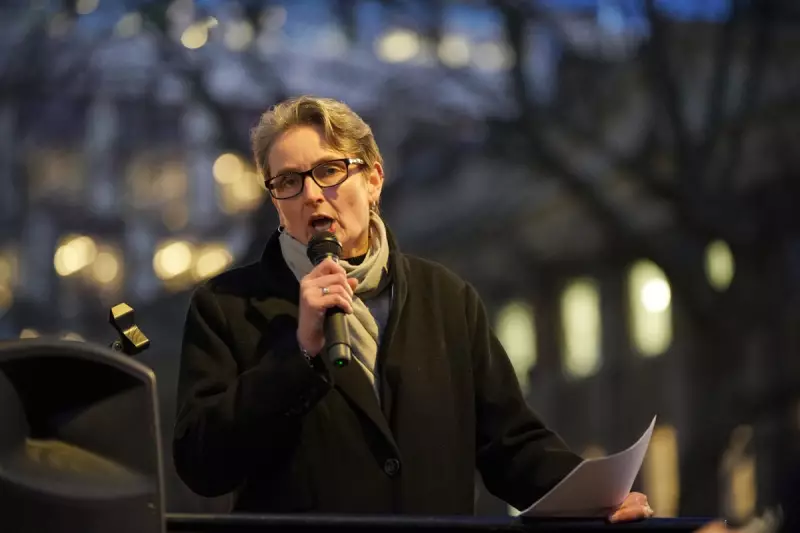
The Independent Parliamentary Standards Authority (IPSA) is facing fresh criticism after refusing a request from Kate Osborne, the Labour MP for Jarrow, to relocate to a larger office within the Palace of Westminster.
The decision has ignited a fierce debate over the working conditions for Members of Parliament and the resources allocated to them to effectively serve their constituents.
'Not Fit for Purpose': MP's Office Woes
In a letter to the IPSA, Ms Osborne detailed the severe limitations of her current office, describing it as "cramped" and "not fit for purpose." She argued that the small space is insufficient for housing her team and cannot accommodate private meetings with constituents, a fundamental aspect of an MP's duties.
Her request to move to a more suitable, vacant office was ultimately denied by the standards body, which stated that her current accommodation, while modest, was deemed adequate for her needs.
IPSA's Stance: Fairness and Public Funds
Defending its position, IPSA emphasised its duty to ensure the equitable distribution of resources among all 650 MPs and to be a responsible steward of public money. A spokesperson for the regulator stated that while they "do not underestimate the challenges" MPs face, their current policy on office space is applied consistently to all members.
The body maintains that its primary focus is on providing MPs with the necessary resources to serve their constituents, without indulging in excessive expenditure that could draw public ire.
A Symptom of a Broader Problem
This incident is not isolated. It highlights an ongoing tension between MPs, who often work long hours and manage complex caseloads, and the independent body tasked with regulating their expenses and accommodations.
Critics argue that penny-pinching on essential resources like functional office space ultimately hampers an MP's productivity and their ability to properly engage with the people they represent. The controversy raises persistent questions about how to balance public accountability with providing parliamentarians the tools they need to do their jobs effectively.





